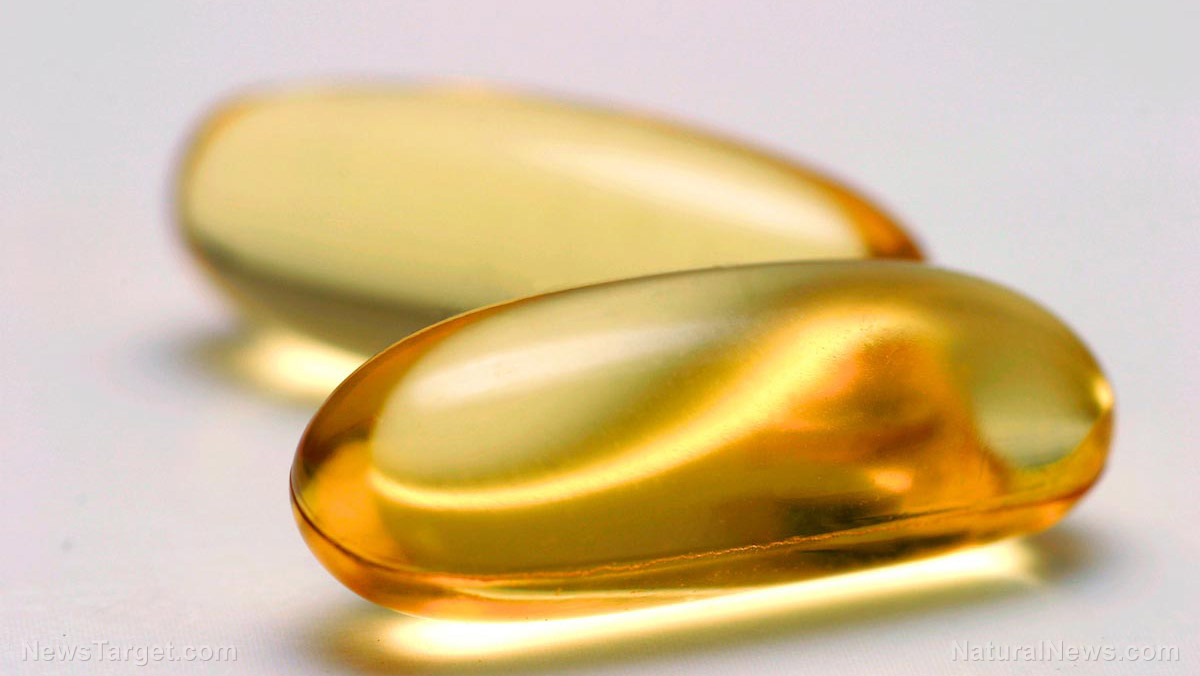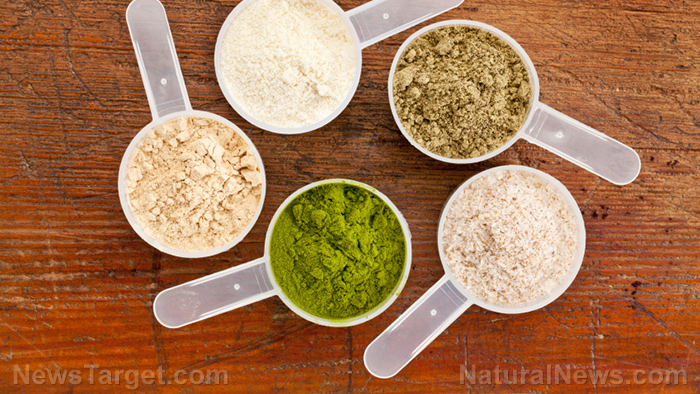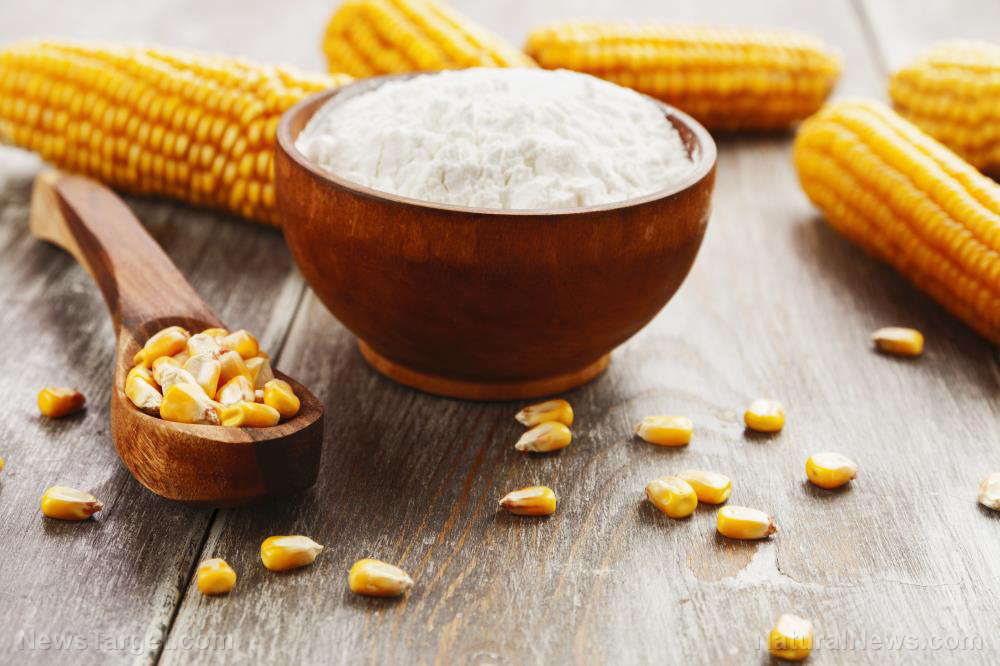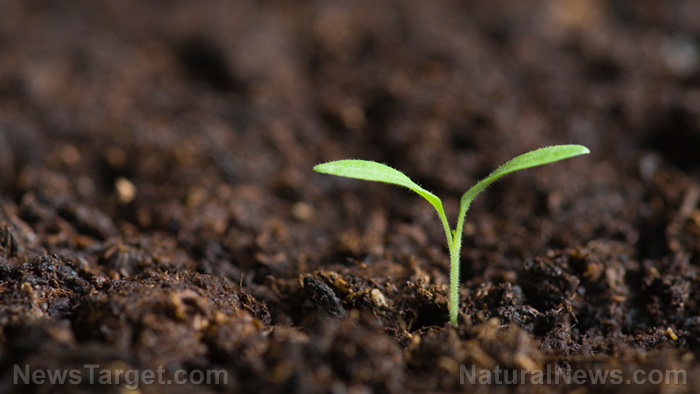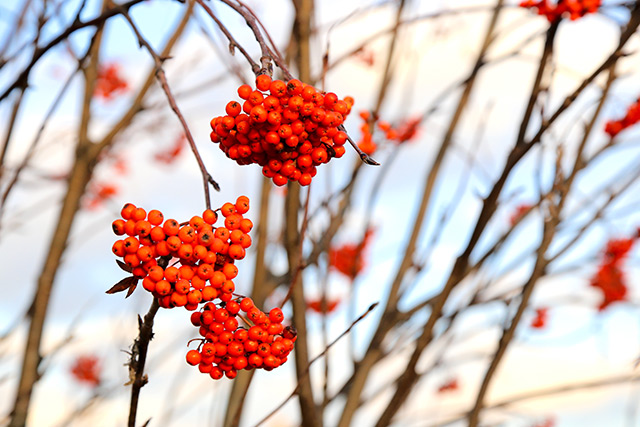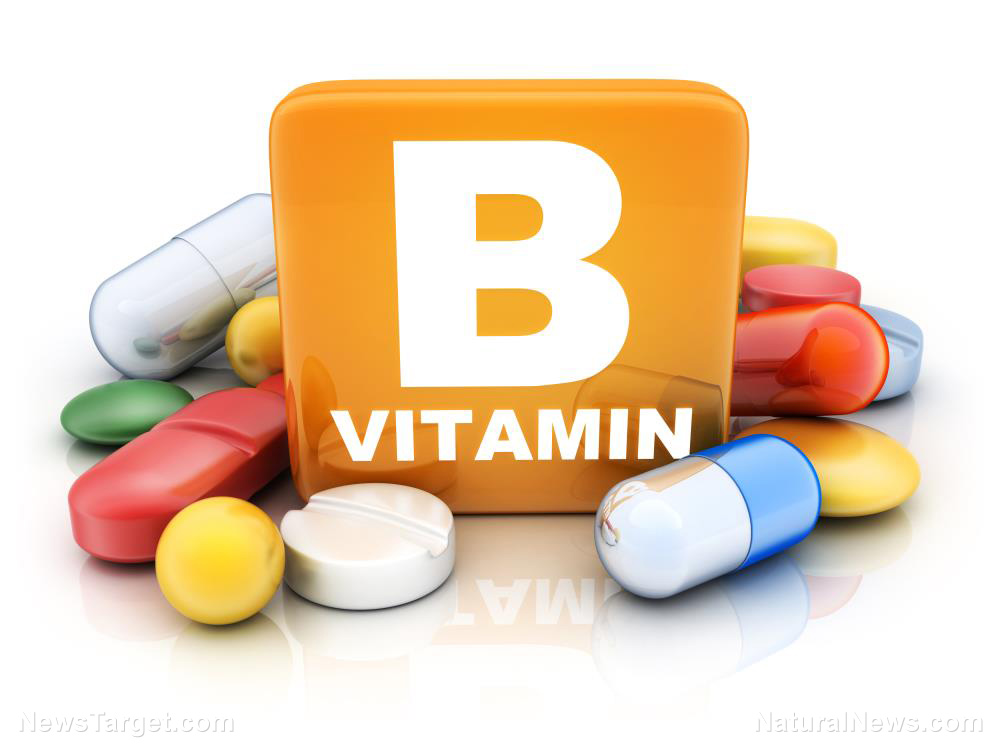Eat more cress for a healthier liver
07/24/2018 / By Edsel Cook

You can vastly improve the health of your liver by increasing the amount of garden cress in your diet. Saudi researchers who studied the tangy-tasting edible herb reported that its seeds contain hepatoprotective agents that can manage the potentially deadly effects of hepatitis.
Hepatitis can lead to fulminant hepatic failure (FHF), a condition where a huge number of liver cells die. FHF is difficult to treat, has no active therapies, and has high mortality rates.
To prevent this condition, hematologists are investigating hepatoprotective agents, which are substances or medicines that can protect the liver. Some examples of potential agents include coumarins, essential oils, flavonoids, and phenols. These four are plant-based products.
Researchers test potential hepatoprotective agents by giving them to rodents that have been injected with D-galactosamine. The chemical causes hepatic damage – including liver cell death and inflammation – that resembles the effects of viral hepatitis.
For their experiment, the King Saud University (KSU) research team selected garden cress (Lepidium sativum) as the source of possible hepatoprotective agents. Also called cress, garden cress is grown around the world as a food source.
The herb was used as a medicinal plant in the Middle East. Cress had previously been studied for the many bioactive compounds that give it numerous wellness-boosting properties, including hepatoprotective activity. (Related: All About The Health Benefits Of Watercress.)
Garden cress extract tested for hepatoprotective effects
The KSU researchers obtained garden cress seeds and used them to create ethanolic extracts. The extracts were screened for their component phytochemicals. Any unknown compounds were compared to spectra in an existing database for identification.
During the acute toxicity test, rats were given a single dose of 2,000 milligrams per kilogram (mg/kg) of cress extract and observed for any negative effects.
For the experiment, the rats were divided into five groups. The control group and the toxic control group got saline water, groups III and IV were given 150 and 300 mg/kg doses of garden cress extract. Group V was positive control and received 50 mg/kg of silymarin.
On Day 15 of the experiment, all but the control group were given D-galactosamine to induce hepatotoxicity. On Day 16, blood samples were taken before the animals were euthanized so that their livers could also be collected.
The researchers analyzed serum and liver homogenate biochemical parameters, nitric oxide level, RNA isolation and quantification, and NF-?B (p65) activation. They also conducted histopathological studies of liver tissues under the microscope.
Cress seed extract can protect the livers of rats from hepatitis-like damage
The KSU researchers reported that pre-treatment with garden cress extracts reduced the AST, ALT, ALP, ? GGT and bilirubin levels. Silymarin achieved comparable effects.
The extracts boosted the effect of antioxidants in the liver and scavenged the free radical DPPH. This correlated to a reduction in oxidative stress and TBARS concentration.
They also increased the amounts of GSH, SOD, and CAT in hepatic tissue. GSH is an antioxidant that protects liver cells from oxidative stress. Together with CAT, GSH stops the oxidation of DNA, lipids, and proteins.
In addition, the garden cress extracts reduced the inflammation and necrosis caused by D-galactosamine. They reduced the production of pro-inflammatory cytokines, inducible nitric oxide synthase (iNOS), and heme oxygenase-1 (HO-1). Finally, they mitigated myeloperoxidase (MPO) activity and prevented damaging NF-?B from binding itself to DNA.
The researchers believe that the 48 plant metabolites within the garden cress extract contributed to these beneficial activities. These include alkaloids, flavonoids, glucosinolates, sterols, tannins, and triterpenes.
They conclude that garden cress seed extract can reduce hepatic injuries and structural damage by reducing oxidative stress, inflammation, and apoptosis in the liver.
Read about more hepatoprotective plants and foods at FoodIsMedicine.com.
Sources include:
Tagged Under: Cress, Fresh, fulminant hepatic failure, garden cress, grocery, Hepatitis, herbal medicines, ingredients, Liver, liver damage, liver diseases, liver health, nutrients, oxidative liver damage, oxidative stress, prevention, silymarin





